Find Help
More Items From Ergsy search
-
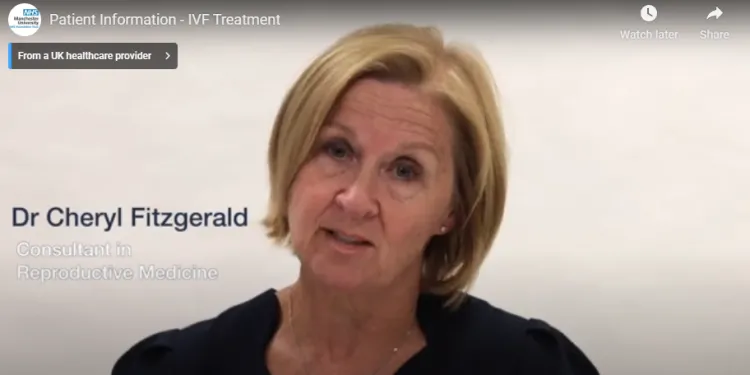
Infertility - IVF Treatment and Patient Information
Relevance: 100%
-
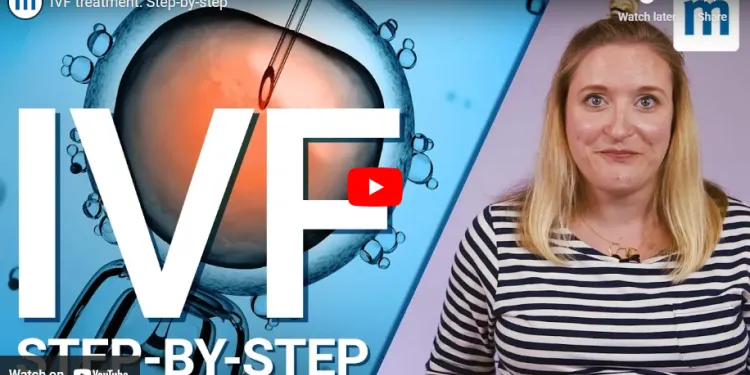
IVF Fertility Treatment from MumsNet
Relevance: 58%
-
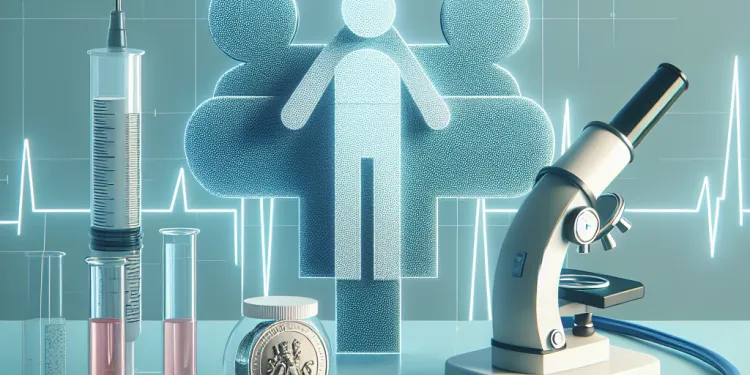
How do clinics determine if IVF is the right option?
Relevance: 55%
-

Who might need IVF?
Relevance: 53%
-

Female infertility explained
Relevance: 51%
-
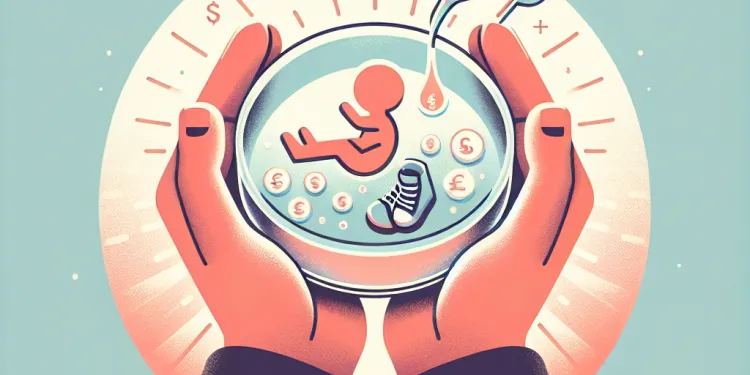
Is IVF successful?
Relevance: 51%
-

Does IVF guarantee pregnancy?
Relevance: 50%
-
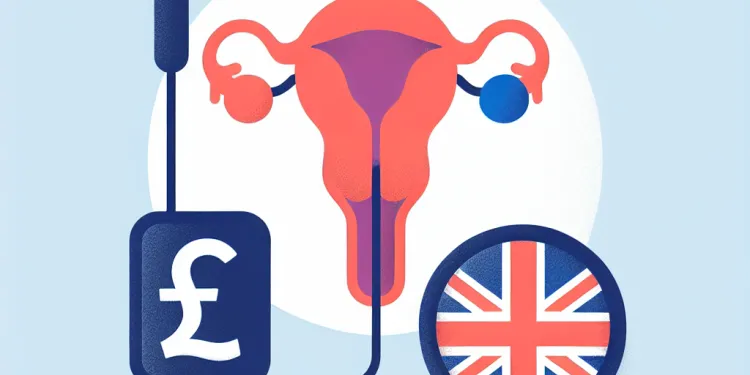
What is IVF?
Relevance: 49%
-

What should I expect during IVF treatment?
Relevance: 45%
-

How does IVF work?
Relevance: 45%
-

What is IVF and how does it work?
Relevance: 44%
-
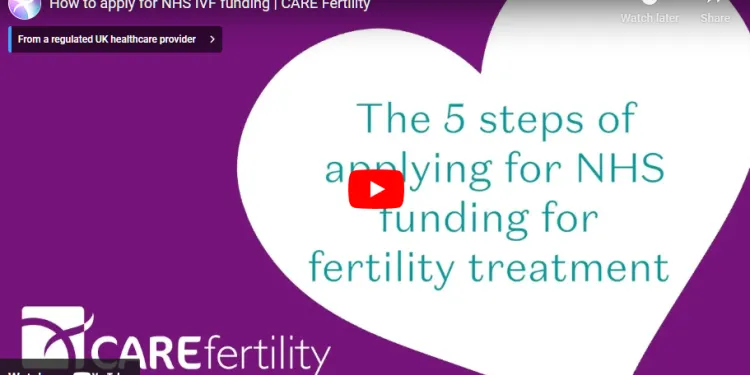
How to apply for NHS funding to treat infertility
Relevance: 43%
-

Are there risks associated with IVF?
Relevance: 43%
-

How many embryos are usually transferred in IVF?
Relevance: 42%
-

Can IVF be done with donor eggs or sperm?
Relevance: 41%
-
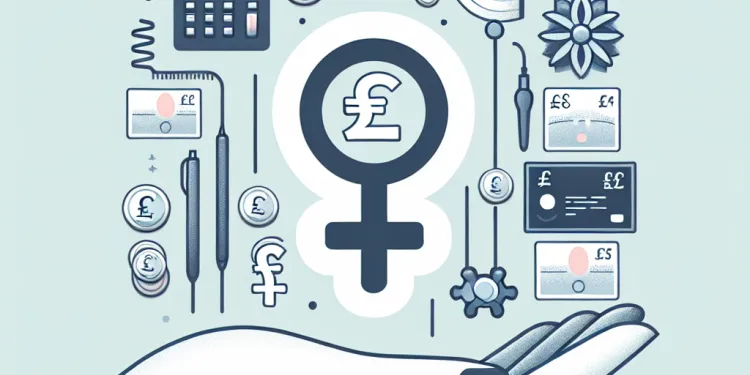
What are the reasons for female infertility?
Relevance: 40%
-
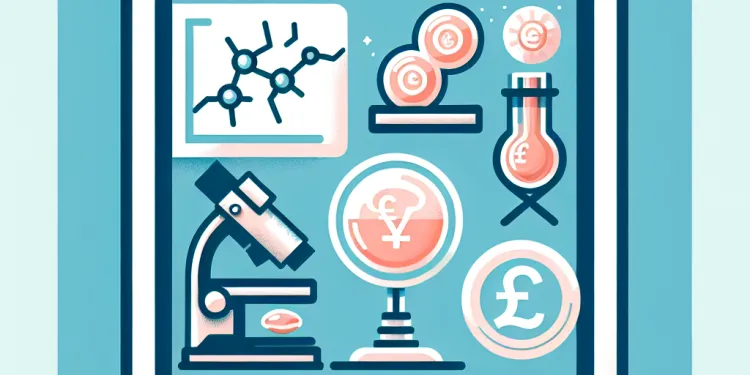
What is the role of the embryologist in IVF?
Relevance: 39%
-

Does IVF require anesthesia?
Relevance: 39%
-
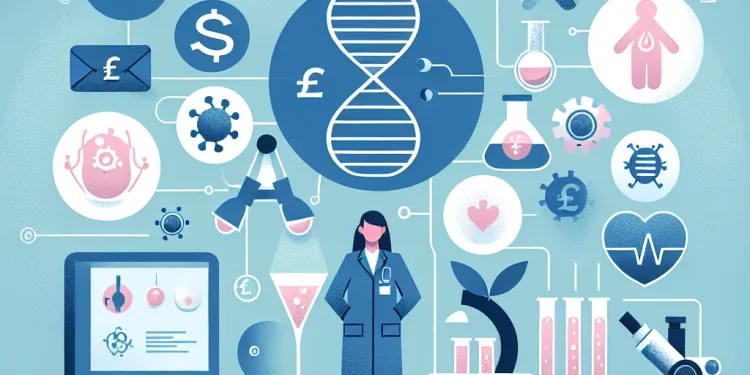
How is the sperm used in IVF?
Relevance: 39%
-
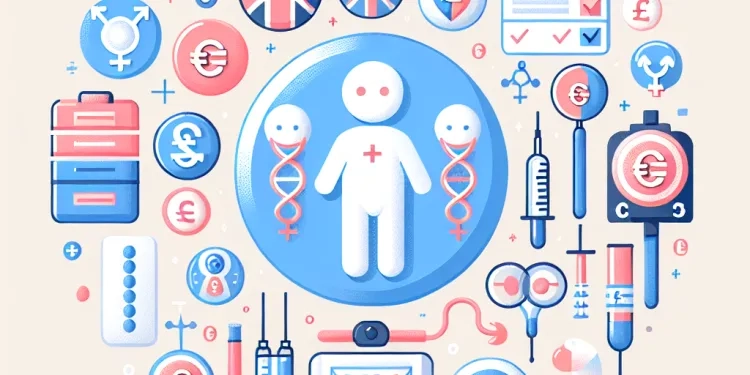
Can IVF be used for gender selection?
Relevance: 37%
-

Ian Stones - Test him - Male Infertility
Relevance: 37%
-

What are the reasons for male infertility?
Relevance: 36%
-

How long does an IVF cycle take?
Relevance: 35%
-
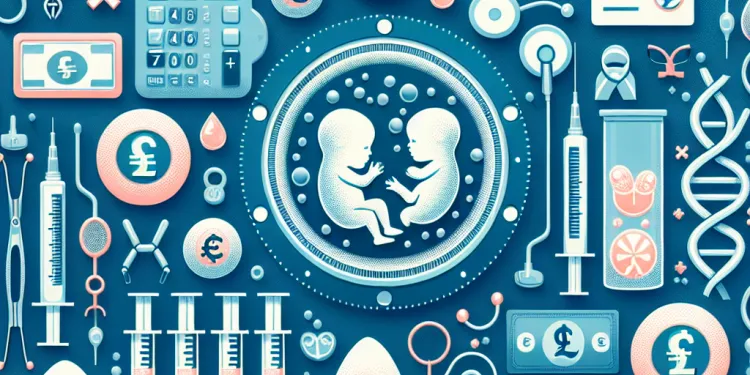
How are embryos transferred during IVF?
Relevance: 34%
-

What are the main steps in an IVF cycle?
Relevance: 34%
-
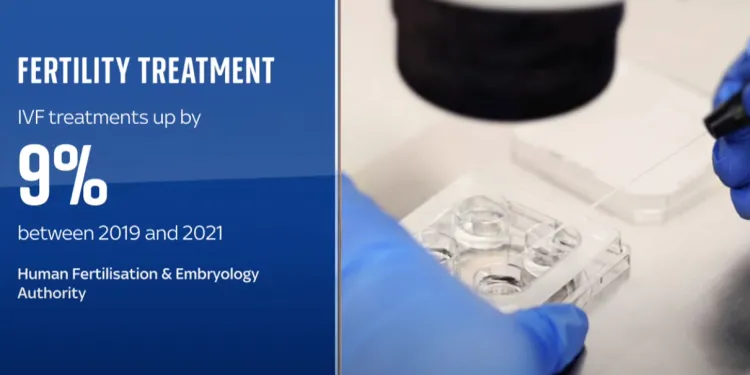
Fertility treatments on the up, but not via the NHS
Relevance: 33%
-

Breakthrough Cancer Treatment Shows Promise for NHS Patients
Relevance: 29%
-

Cornea transplant patient Information
Relevance: 29%
-

Hernias and their Treatments - A guide for patients
Relevance: 28%
-
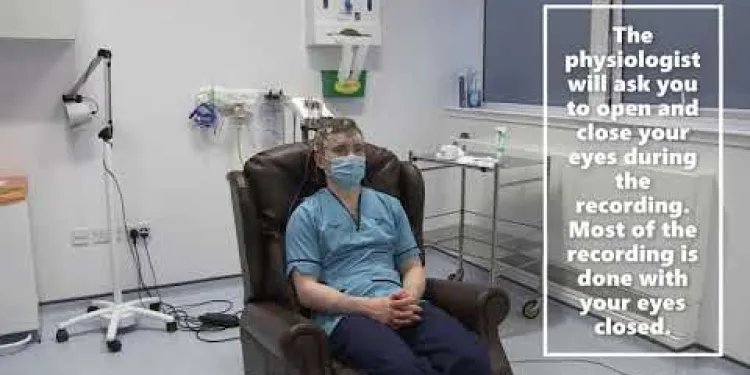
Neurophysiology EEG Patient Information
Relevance: 28%
-

Can online patient forums provide reliable information on waiting times?
Relevance: 28%
-

Useful information for patients with lower back pain
Relevance: 27%
-

Where can I find more information about Paillon treatment?
Relevance: 27%
-

Breakthrough in Cancer Treatment Offers Hope for Prostate Cancer Patients
Relevance: 27%
-
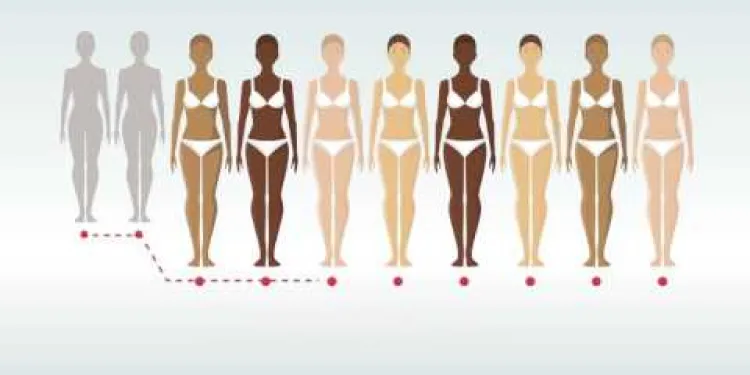
Finding out about Fibroids - information for patients
Relevance: 26%
-
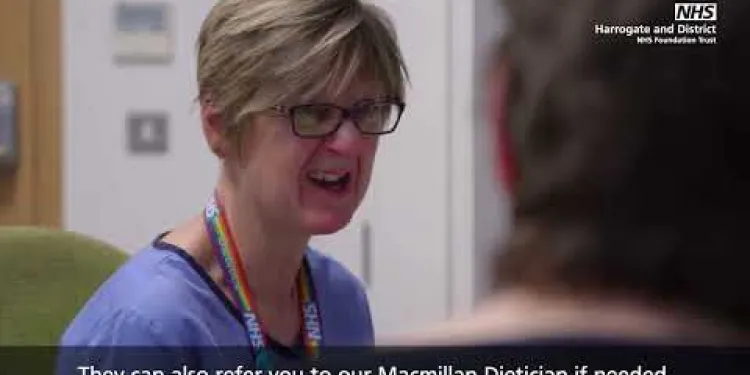
Information for all cancer patients receiving Chemotherapy or Targeted Therapy at HDFT.
Relevance: 25%
-

Useful information for patients with lower back pain
Relevance: 25%
-

Patient Information Video - Leeds Stress Echocardiography Service
Relevance: 24%
-

Gaining consent from stroke patients
Relevance: 23%
-

What legal rights do I have as a medical patient in the EU?
Relevance: 23%
What is infertility
Infertility is a medical condition that affects millions of individuals and couples worldwide. It refers to the inability to conceive a child naturally or carry a pregnancy to full term. Infertility can affect anyone, regardless of age, gender, or socioeconomic status, and it can lead to profound feelings of frustration, sadness, and inadequacy.
Factors that contribute to infertility
There are various factors that can contribute to infertility. In women, common causes include ovulation disorders, blocked fallopian tubes, and conditions like polycystic ovary syndrome (PCOS). In men, issues such as low sperm count, poor sperm motility, or structural abnormalities can hinder conception. Additionally, there are cases of unexplained infertility where no discernible cause can be identified.
The emotional toll of infertility is significant, often leading to feelings of guilt, shame, and isolation. Couples may experience strain in their relationships, as the journey to parenthood becomes fraught with medical appointments, invasive procedures, and financial burdens associated with fertility treatments.
Infertility treatments and options
Fortunately, advancements in reproductive medicine have opened up a range of options for those struggling with infertility. These include in vitro fertilization (IVF), intrauterine insemination (IUI), and fertility medications. Adoption and surrogacy are also viable alternatives for those unable to conceive naturally.
Infertility awareness and support networks have grown stronger over the years, offering solace and guidance to those facing this challenge. Moreover, conversations about infertility have become more open, helping to reduce stigma and foster empathy among the general population.
Infertility - IVF Treatment and Patient Information
Understanding Infertility
Infertility affects approximately 1 in 7 couples in the United Kingdom, making it a prevalent issue for many individuals hoping to start a family. Infertility can result from various factors, including age, lifestyle, and certain medical conditions. Understanding the causes of infertility can help couples make informed decisions about their treatment options.
What is IVF?
In Vitro Fertilisation (IVF) is a well-known assisted reproductive technology (ART) used to help couples conceive. IVF involves extracting a woman’s eggs and fertilising them with sperm in a laboratory setting. The fertilised egg, now an embryo, is then implanted back into the woman’s uterus in hopes of achieving a successful pregnancy. IVF is often recommended when other fertility treatments have not been successful or in cases of severe infertility.
IVF Treatment Process
The IVF process typically involves several steps:
- Ovarian Stimulation: Medications are prescribed to stimulate the ovaries to produce multiple eggs.
- Egg Retrieval: A minor surgical procedure is carried out to collect the eggs from the ovaries.
- Fertilisation: The eggs are fertilised with sperm in the laboratory.
- Embryo Transfer: Successful embryos are transferred into the woman's uterus.
- Pregnancy Test: Two weeks after the embryo transfer, a pregnancy test is performed to determine if the procedure was successful.
Choosing a Clinic in the UK
In the UK, there are numerous clinics offering IVF treatment. It is vital to select a clinic licensed by the Human Fertilisation and Embryology Authority (HFEA). The HFEA provides detailed statistics and success rates for each clinic, helping patients to make an informed choice. Consider factors such as the clinic's success rates, treatment costs, and patient reviews when making your decision.
Emotional Support and Counselling
Undergoing IVF treatment can be emotionally and physically challenging. Many clinics provide counselling and support services to help couples cope with the stresses of treatment. It is beneficial to utilise these services to maintain emotional well-being throughout the IVF journey.
What is infertility
Infertility means not being able to have a baby. It can happen to anyone. It might make people feel sad or frustrated. Anyone, no matter their age or gender, can experience infertility.
Factors that contribute to infertility
There are many reasons why someone might have infertility. For women, it might be because of things like not ovulating, blocked tubes, or a condition called PCOS. For men, it might be because of low sperm count or problems with sperm movement. Sometimes, doctors can't find a reason for infertility.
Infertility can make people feel guilty or alone. It can also be hard for a relationship because of all the doctor visits and treatments that cost a lot of money.
Infertility treatments and options
There are ways to help people with infertility. Some medical treatments include IVF and IUI. There are also medicines to help. Adoption and surrogacy are other ways to have a family.
There are many groups and websites that can help you learn more and find support. People are talking more openly about infertility now, which helps everyone understand and feel better.
Infertility - IVF Treatment and Patient Information
What is Infertility?
Infertility is when couples have trouble having a baby. It affects about 1 out of 7 couples in the UK. There are many reasons for infertility like age, lifestyle, or health problems. Knowing more about why it happens can help couples choose the right treatment.
What is IVF?
IVF stands for In Vitro Fertilisation. It is a special way to help couples have a baby. In IVF, a doctor takes a woman's eggs and mixes them with a man's sperm in a lab. If they join together, they make an embryo. The embryo is put back into the woman's body to see if it will grow into a baby. IVF is used when other treatments do not work or if infertility is severe.
Steps of IVF Treatment
IVF has several steps:
- Ovarian Stimulation: Medicines are used to help the ovaries make more eggs.
- Egg Retrieval: Doctors collect the eggs from the ovaries with a small surgery.
- Fertilisation: The eggs are mixed with sperm in the lab to form embryos.
- Embryo Transfer: The embryo is placed in the woman's body.
- Pregnancy Test: Two weeks later, a test is done to see if pregnancy happened.
Choosing a Clinic in the UK
In the UK, there are many places to get IVF treatment. It is important to pick a place that has a license from the Human Fertilisation and Embryology Authority (HFEA). The HFEA gives information on how well clinics do. When picking a place, think about their success rates, costs, and what other patients say.
Getting Emotional Support
IVF can be hard on feelings and the body. Many clinics offer help and talking support for couples. Using these services can help you feel better during the treatment.
Frequently Asked Questions
What is IVF treatment?
IVF (In Vitro Fertilisation) is a medical procedure that involves combining an egg and sperm outside the body, in a laboratory. The resulting embryo is then transferred to the uterus in hope of achieving a pregnancy.
Who is a candidate for IVF?
IVF may be recommended for individuals with various infertility issues, including blocked or damaged fallopian tubes, severe male factor infertility, endometriosis, or unexplained infertility after other treatments have failed.
How successful is IVF?
IVF success rates vary based on factors like age, the cause of infertility, and specific clinic performance. On average, women under 35 have a success rate of around 40%, while the rates decrease with age.
What are the risks associated with IVF?
The risks include multiple pregnancies, ovarian hyperstimulation syndrome (OHSS), ectopic pregnancy, and a slightly increased risk of birth defects.
How long does the IVF process take?
The IVF cycle typically takes about 4 to 6 weeks to complete. This involves ovarian stimulation, egg retrieval, fertilization, embryo culture, and embryo transfer.
Is IVF treatment covered by the NHS?
IVF treatment may be covered by the NHS, but the availability depends on local Clinical Commissioning Group (CCG) criteria and patient eligibility, which can vary by region in the UK.
What is the cost of IVF treatment in the UK?
The cost of a private IVF cycle in the UK can range from £4,000 to £8,000, which may or may not include additional expenses like medications, consultations, and tests.
What lifestyle changes should I make during IVF treatment?
It is recommended to maintain a healthy lifestyle by eating a balanced diet, avoiding alcohol and smoking, maintaining a healthy weight, and managing stress levels.
Can IVF be used for gender selection?
Gender selection for non-medical reasons is not allowed in the UK. Preimplantation Genetic Diagnosis (PGD) can be used to select embryos for medical reasons to avoid serious genetic conditions.
How painful is IVF treatment?
While some discomfort is common, particularly during egg retrieval and hormonal injections, severe pain is unusual. Pain and discomfort can generally be managed with medication.
Is IVF the only fertility treatment option?
No, other treatments include fertility medications, intrauterine insemination (IUI), surgery, or addressing underlying health conditions. The best approach depends on individual circumstances.
Can IVF be done with donor eggs or sperm?
Yes, IVF can use donor eggs or sperm when necessary. This may be recommended for patients with poor egg or sperm quality or those who have experienced certain genetic conditions.
What happens to unused embryos?
Unused embryos can be frozen for future use, donated to other couples, used for research, or ethically disposed of. Consent is required from both partners for their fate.
Is there an age limit for IVF treatment in the UK?
NHS guidelines typically do not offer IVF treatment to women over the age of 42. Private clinics may have different age policies but success rates decline significantly with age.
Can IVF be repeated if it fails the first time?
Yes, IVF can be repeated, but it is important to consult with a fertility specialist to understand the reasons for failure and consider any changes or improvements before attempting another cycle.
What is IVF treatment?
IVF means In-Vitro Fertilization. It is a way to help people have a baby.
Doctors take a woman's egg and a man's sperm. They put them together in a lab to make a baby.
After that, they put the baby into the woman's womb. This can help if it is hard for the couple to have a baby.
Some tools to help understand this are pictures or videos. You can also talk to a doctor or a helper for more explanations.
IVF stands for In Vitro Fertilisation. This is when a doctor helps a baby start growing outside of the body. The doctor puts an egg and sperm together in a lab. Then they put the tiny baby, called an embryo, into a woman's belly to help her get pregnant.
Who can try IVF?
Doctors might suggest IVF if someone has trouble having a baby. This can happen if:
- The paths (fallopian tubes) for the eggs are blocked or hurt.
- The man has problems helping make a baby.
- The woman has a condition called endometriosis.
- No one knows why they can't have a baby, and other treatments didn't work.
IVF stands for In Vitro Fertilization. It helps people have a baby. People can also use tools like audiobooks and reading apps that read text out loud to help understand this better.
How well does IVF work?
IVF is a way to help people have babies. It is called In Vitro Fertilization.
IVF helps some people get pregnant. It does not work for everyone.
People might need to try IVF more than once.
IVF can cost a lot of money, and it can take time.
Doctors can help explain how IVF works and who it might help.
You can use pictures or videos to learn more about IVF.
Talking to someone who has done IVF can be helpful too.
How well IVF works depends on age, why someone can't have a baby, and how good the clinic is. On average, women under 35 have a 40% chance of it working. The chances go down as women get older.
What are the risks of IVF?
The risks are:
- Having twins or more babies at once.
- Ovaries getting too big and sore (this is called OHSS).
- Baby growing outside the womb (this is called ectopic pregnancy).
- A tiny bit higher chance of baby being born with health problems.
Helpful Tips:
- Talk to your doctor about what might happen.
- Ask questions if you don't understand something.
- It's okay to ask for help!
How long does IVF take?
Here is what you need to know:
- IVF usually takes about 4 to 6 weeks.
- It has different steps, like medicine and doctor visits.
Here are some tips to help:
- Use a calendar to mark important dates.
- Ask someone you trust for help if you need it.
IVF is a process to help people have babies. It usually takes about 4 to 6 weeks.
Here is what happens:
- The ovaries are stimulated (helped to make eggs).
- Eggs are taken out of the body.
- Eggs are mixed with sperm to create embryos (tiny babies).
- Embryos are grown in a special place.
- Embryos are put back into the mother's body.
Some tools can help, like:
- Pictures and videos to show each step.
- A calendar to track each stage.
- Someone to talk to for clear answers.
Can you get IVF treatment for free on the NHS?
IVF means doctors help make a baby outside the body. The NHS is the health service that helps people in the UK.
Some people can get IVF help for free from the NHS. But there are rules. It depends on where you live and what you need.
Talk to your doctor to find out if you can get IVF help from the NHS. You can also ask a friend or family member to help you understand.
Sometimes the NHS will pay for IVF treatment. But it depends on where you live in the UK. Each area has its own rules about who can get IVF. These rules are made by groups called Clinical Commissioning Groups (CCGs).
How much does IVF cost in the UK?
Having a baby through IVF can cost between £4,000 and £8,000 in the UK. This price might not include extra costs for medicines, doctor visits, and tests.
What changes should I make in my life during IVF treatment?
Here is how you can help yourself during IVF treatment:
- Eat healthy foods like fruits, veggies, and whole grains.
- Try to stay relaxed and do things that make you happy and calm.
- Avoid smoking and drinking alcohol.
- Talk to your doctor about any medicines you are taking.
- Get enough sleep every night.
- Do gentle exercises like walking or yoga.
Ask family or friends for help if you need it. It's okay to ask questions if you are unsure about anything. You can also try using a journal to keep track of how you feel each day.
It's good to stay healthy. Here are some tips:
- Eat a mix of good foods.
- Don't drink alcohol.
- Don't smoke.
- Stay at a healthy weight.
- Find ways to relax and feel calm.
Using a visual schedule or planner can help you keep track of these healthy habits.
Can IVF help pick a baby's gender?
IVF is a way to help people have a baby. It stands for In Vitro Fertilization.
When people use IVF, doctors can sometimes find out if a baby will be a boy or a girl.
But, not everyone can choose if they want a boy or a girl. Different countries have different rules about this.
If you want to learn more, you can talk to a doctor. They can help explain.
Here is something that can help: Try asking someone you trust to read with you. You can also use reading tools, like audiobooks, to listen instead of reading.
In the UK, you can't choose a baby's gender just because you want to. Doctors can use a special test called Preimplantation Genetic Diagnosis (PGD) to pick an embryo if it helps stop a serious illness.
Does IVF treatment hurt?
It is normal to feel a little bit uncomfortable, especially when getting eggs and injections. But, if it hurts a lot, that is not normal. Usually, medicine can help you feel better.
Is IVF the only way to help people have a baby?
IVF is not the only way to help people have a baby. There are other ways too. If you want more information, you can talk to a doctor. They can help you learn about different treatments.
Here are some things you can try to learn more:
- Read simple books or articles about baby-making treatments.
- Use pictures and videos to understand better.
- Ask someone you trust to explain things to you.
No, there are other ways to help. These include taking special medicines to help with having a baby, a doctor putting sperm directly into a woman's uterus (called IUI), having an operation, or fixing other health problems. The best way depends on what each person needs.
Can you use donor eggs or sperm for IVF?
Yes, you can use donor eggs or sperm for IVF. IVF is a way to help people have a baby.
If you cannot use your own eggs or sperm, you can use donor eggs or sperm. A donor is someone who gives their eggs or sperm to help others have a baby.
Here are some things that might help you understand:
- Donor Eggs: These are eggs from another woman.
- Donor Sperm: This is sperm from another man.
- Support Tools: Picture stories or talking with a doctor or nurse can help you understand more about IVF with donors.
Always ask questions if you need help.
Yes, sometimes IVF uses eggs or sperm from a donor. This can help if there are problems with the eggs or sperm, or if there are certain health issues in the family.
What happens to embryos we don't use?
Leftover embryos can be put in the freezer for later, given to other couples, used for science, or thrown away carefully. Both partners must agree on what happens to them.
Can you be too old for IVF treatment in the UK?
IVF is a way to help people have babies. In the UK, there is an age limit. This means only people up to a certain age can use IVF.
If you are a woman, most doctors say it is best to have IVF before you turn 43.
It is good to talk to a doctor to know what is best for you. The doctor can help you understand what IVF is and how it works.
To help understand this better, you can ask someone to read it with you, or use tools like audio readers that read out loud.
The NHS usually does not give IVF treatment to women older than 42. Private clinics might have different rules, but it gets harder to succeed as women get older.
Can you try IVF again if it doesn't work the first time?
Yes, people can try IVF again. But it's important to talk to a doctor who knows about having babies. They can help understand why it didn’t work the first time and what can be better next time.
Useful Links
This website offers general information and is not a substitute for professional advice.
Always seek guidance from qualified professionals.
If you have any medical concerns or need urgent help, contact a healthcare professional or emergency services immediately.
- Ergsy carfully checks the information in the videos we provide here.
- Videos shown by Youtube after a video has completed, have NOT been reviewed by ERGSY.
- To view, click the arrow in centre of video.
- Most of the videos you find here will have subtitles and/or closed captions available.
- You may need to turn these on, and choose your preferred language.
- Go to the video you'd like to watch.
- If closed captions (CC) are available, settings will be visible on the bottom right of the video player.
- To turn on Captions, click settings .
- To turn off Captions, click settings again.
More Items From Ergsy search
-

Infertility - IVF Treatment and Patient Information
Relevance: 100%
-

IVF Fertility Treatment from MumsNet
Relevance: 58%
-

How do clinics determine if IVF is the right option?
Relevance: 55%
-

Who might need IVF?
Relevance: 53%
-

Female infertility explained
Relevance: 51%
-

Is IVF successful?
Relevance: 51%
-

Does IVF guarantee pregnancy?
Relevance: 50%
-

What is IVF?
Relevance: 49%
-

What should I expect during IVF treatment?
Relevance: 45%
-

How does IVF work?
Relevance: 45%
-

What is IVF and how does it work?
Relevance: 44%
-

How to apply for NHS funding to treat infertility
Relevance: 43%
-

Are there risks associated with IVF?
Relevance: 43%
-

How many embryos are usually transferred in IVF?
Relevance: 42%
-

Can IVF be done with donor eggs or sperm?
Relevance: 41%
-

What are the reasons for female infertility?
Relevance: 40%
-

What is the role of the embryologist in IVF?
Relevance: 39%
-

Does IVF require anesthesia?
Relevance: 39%
-

How is the sperm used in IVF?
Relevance: 39%
-

Can IVF be used for gender selection?
Relevance: 37%
-

Ian Stones - Test him - Male Infertility
Relevance: 37%
-

What are the reasons for male infertility?
Relevance: 36%
-

How long does an IVF cycle take?
Relevance: 35%
-

How are embryos transferred during IVF?
Relevance: 34%
-

What are the main steps in an IVF cycle?
Relevance: 34%
-

Fertility treatments on the up, but not via the NHS
Relevance: 33%
-

Breakthrough Cancer Treatment Shows Promise for NHS Patients
Relevance: 29%
-

Cornea transplant patient Information
Relevance: 29%
-

Hernias and their Treatments - A guide for patients
Relevance: 28%
-

Neurophysiology EEG Patient Information
Relevance: 28%
-

Can online patient forums provide reliable information on waiting times?
Relevance: 28%
-

Useful information for patients with lower back pain
Relevance: 27%
-

Where can I find more information about Paillon treatment?
Relevance: 27%
-

Breakthrough in Cancer Treatment Offers Hope for Prostate Cancer Patients
Relevance: 27%
-

Finding out about Fibroids - information for patients
Relevance: 26%
-

Information for all cancer patients receiving Chemotherapy or Targeted Therapy at HDFT.
Relevance: 25%
-

Useful information for patients with lower back pain
Relevance: 25%
-

Patient Information Video - Leeds Stress Echocardiography Service
Relevance: 24%
-

Gaining consent from stroke patients
Relevance: 23%
-

What legal rights do I have as a medical patient in the EU?
Relevance: 23%


